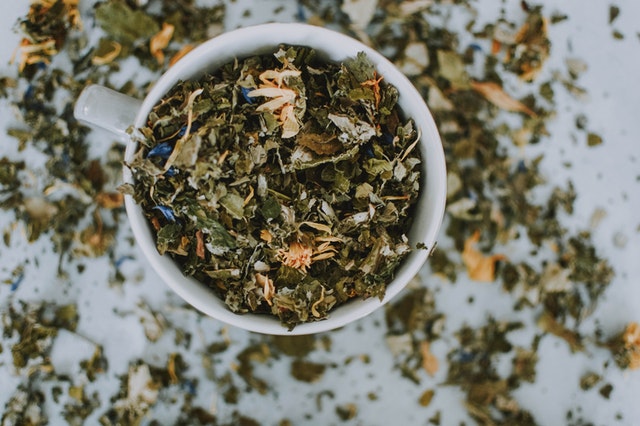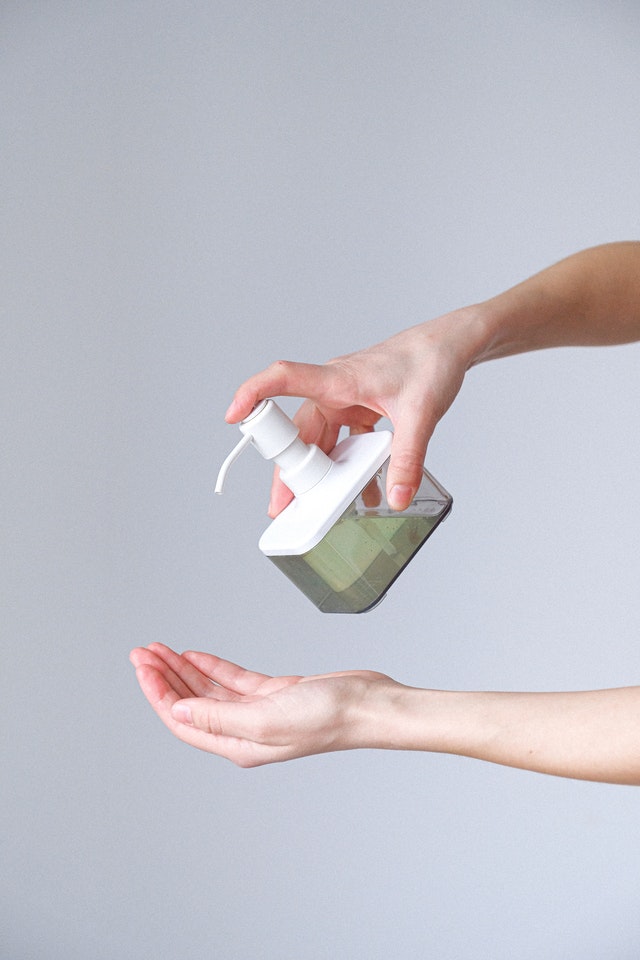Do you sneeze a lot in the spring? Do your eyes itch and water? If so, you may be one of the 50 million Americans who suffer from seasonal allergies.
Allergies are caused by a reaction of the immune system to something that is usually harmless. This blog post will discuss everything you need to know about allergies: what they are, their causes, and their symptoms. We will also talk about prevention tips and what to do during an allergic reaction.
This is a contributed post and does not necessarily reflect the opinions of Meet The Harris Family.
What Are Allergies?
Allergies are a type of immune response that occurs when the body comes into contact with a substance that it perceives as harmful.
The immune system comprises a network of cells, tissues, and organs that work together to protect the body from infection and illness. When the immune system detects a foreign invader (such as pollen), it produces antibodies to fight against it.
These antibodies attach themselves to special cells called mast cells. When the allergen contacts the mast cell again, it sets off a chain reaction that releases histamines. Histamines are chemicals that cause inflammation, itching, and other symptoms of allergies.
There are three types of allergies: seasonal allergies (also known as hay fever), food allergies, and pet allergies.
1. Seasonal Allergies
Seasonal allergies, also known as hay fever, occur when someone is exposed to allergens such as pollen, dust mites, or pet dander. These allergens are typically present in the air during certain times of the year.
Symptoms of seasonal allergies include sneezing, runny nose, itchy eyes, and congestion. Some people may also experience a rash or hives. The hay fever symptoms usually peak during the spring and fall when outdoor allergens are most prevalent.
2. Food Allergies
Food allergies occur when someone is allergic to a specific food or ingredient. Symptoms of food allergies can range from mild (hives) to life-threatening (anaphylaxis).
People with food allergies must be cautious about what they eat. They should always read the label on packaged foods to ensure that they do not contain their allergens.
In some cases, people with food allergies can tolerate small amounts of their allergen without developing a reaction. This is known as oral tolerance or desensitization and can be achieved through a process called oral immunotherapy (OIT).
During this treatment, the patient slowly builds up their tolerance for the offending food by consuming small doses over time. It may take months or even years for someone to become desensitized in this way.
3. Pet Allergies

Pet allergies occur when someone is allergic to animal dander (dead skin cells). Symptoms include sneezing, coughing, runny nose, and itchy eyes.
People with pet allergies should avoid contact with animals that they are allergic to. This includes keeping pets out of the bedroom and washing them regularly. If possible, keep pets out of the house altogether.
Allergy Prevention Tips
- The first and most crucial step is to avoid contact with allergens whenever possible. If you are allergic to pollen, try to stay inside during the spring and fall when it is in the air.
- To stay ahead of the game by ridding your body of excess mucus try incorporating natural herbal teas and supplements into your daily routine.

- If you are allergic to pets, keep them out of your bedroom. Wash your hands after handling animal dander or fur from animals you might be allergic to (dogs or cats).
- If you have a food allergy, carefully read labels on all packaged foods before eating them. Ensure they do not contain any ingredients that could trigger an allergic reaction in you. Avoid using utensils or other items such as plates if there is any risk of cross-contamination between your food and another person’s meal who has a food allergy.
- If you are allergic to dust mites, wash your sheets and pillowcases in hot water once a week or use an air purifier with a HEPA filter to reduce the number of dust mites in your home.

- Avoid putting stuffed animals on beds and sofas where they might come into contact with skin cells that could trigger an allergic reaction when inhaled by someone sensitive to them.
- Avoid using multiple products at once, such as shampoo, conditioner, and body wash, because this may irritate sensitive skin types more easily. Stay away from those with fragrances.
- If you are experiencing allergy symptoms, over-the-counter medications such as antihistamines can help to relieve some discomfort. You can also go to the urgent care facility for treatment if you are having difficulty breathing or experiencing other severe symptoms like hives.
- Carry an EpiPen with you at all times and know how to use it in case of emergency. Note the signs of anaphylaxis, such as difficulty breathing, swelling of the face or throat, and dizziness. If you are experiencing any of these symptoms, seek medical help immediately.
- Allergies can be inconvenient and uncomfortable, but they don’t have to keep you from living an everyday life with prevention tips and careful management. Follow these steps and talk to your doctor if you have any questions about best managing your allergies.


